Adoption and Loss
I recently wrote about adopting after infertility. In the article, I focused mostly on the adoptive parents and the need to resolve the loss of the biological “would be child” in order to form a healthy relationship with an adoptive child. Certainly infertility and pregnancy loss are significant.
What I neglected to address are the two other primary losses in adoption. Adoption is “born” from loss. The baby or child loses their natural family, the family with whom they share blood, dna, appearance, personal traits, culture, etc. They miss the opportunity to grow up in their “rightful” place in the world, with their family of origin intact. That there may be some gains with their adoptive family is true. That original loss is still undeniable. (Ask any adoptee who has to do a “Family Tree” assignment for school, or needs crucial family health information during a medical crisis).
Regardless of circumstances, the Mother carrying the child loses a baby who is part of her. This is a gut-wrenching decision to have to make (and I have read quite a few accounts of women feeling they were coerced). Most mothers experience a range of emotions around this and are often judged, shamed, forgotten or worse. This starts when they are visibly pregnant and met with the usual barrage of oblivious pregnancy questions: When are you due, do you have a name picked out, is this your first, etc.
While pregnant, our daughter’s first mother frequently referred to our daughter as my and my husband’s child. I had a hard time with this. I couldn’t quite trust it was for real: we’d had so many losses. It wasn’t that we didn’t trust her words or intentions, it was that we found it hard to trust it would work out and we’d finally become parents. Looking back after 4.5 years, I think she was not only getting us ready to be parents, she was preparing herself to let go. Adoption is 3, 4, 5 layers deep. There’s no getting around it and it does everyone involved a disservice to even try.
I don’t presume to know what it’s like to place a child for adoption or be adopted. (I’m an adoptive mom). I do know I want what’s best for our daughter and have always felt that the more people in her life that genuinely love and care about her the better. We don’t “own” her and can’t claim her love simply by raising her as our “own” even though we love her wholeheartedly. Transracial adoption adds another layer and cuts through any pretense of being a “matching family”. The reality is our daughter has two mothers and yes, two fathers, which is a whole other topic for another time.
Disclaimer: The information in this article should not be used in lieu of professional medical advice, assessment, diagnosis or treatment. The use of this website does not imply or establish any type of therapeutic relationship. Further, any links in this article are for referential or informational purposes only.
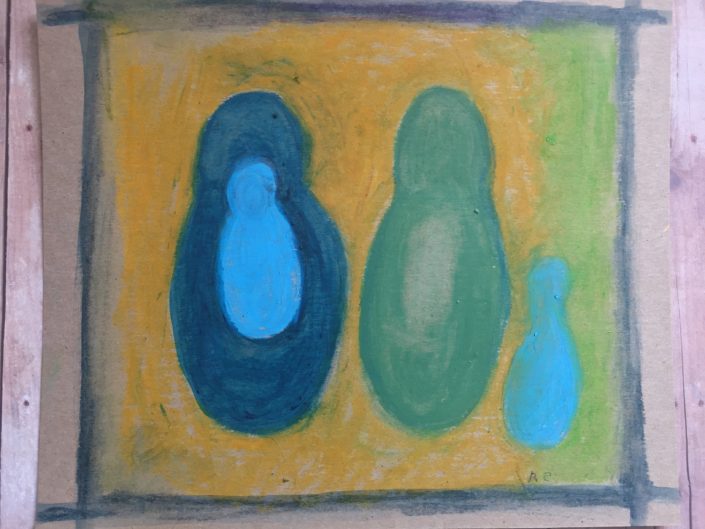
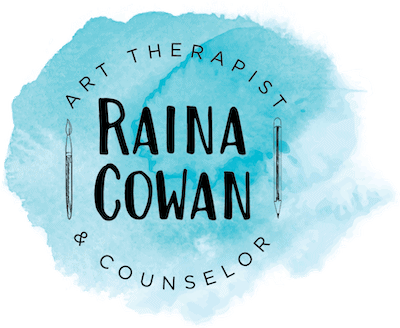
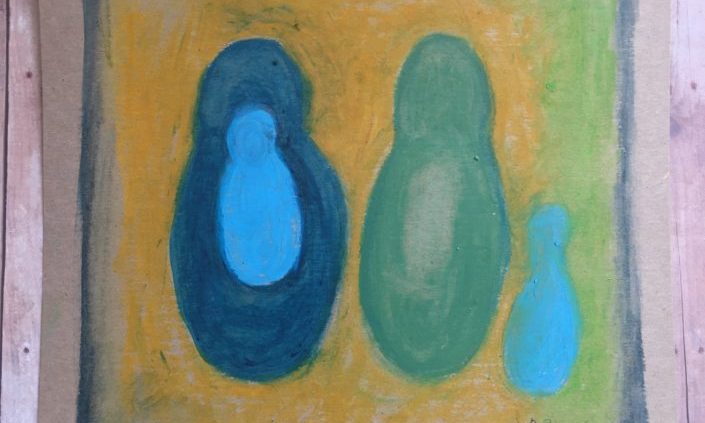 rainacowanarttherapist.com
rainacowanarttherapist.com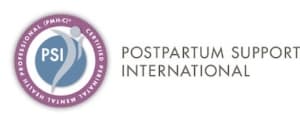
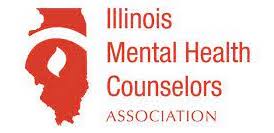
 rainacowanarttherapist.com
rainacowanarttherapist.com